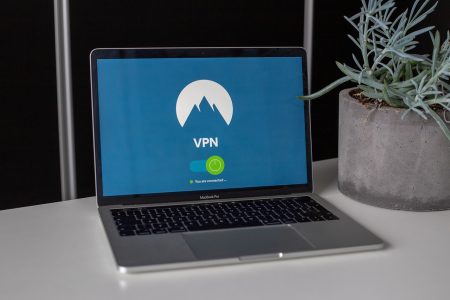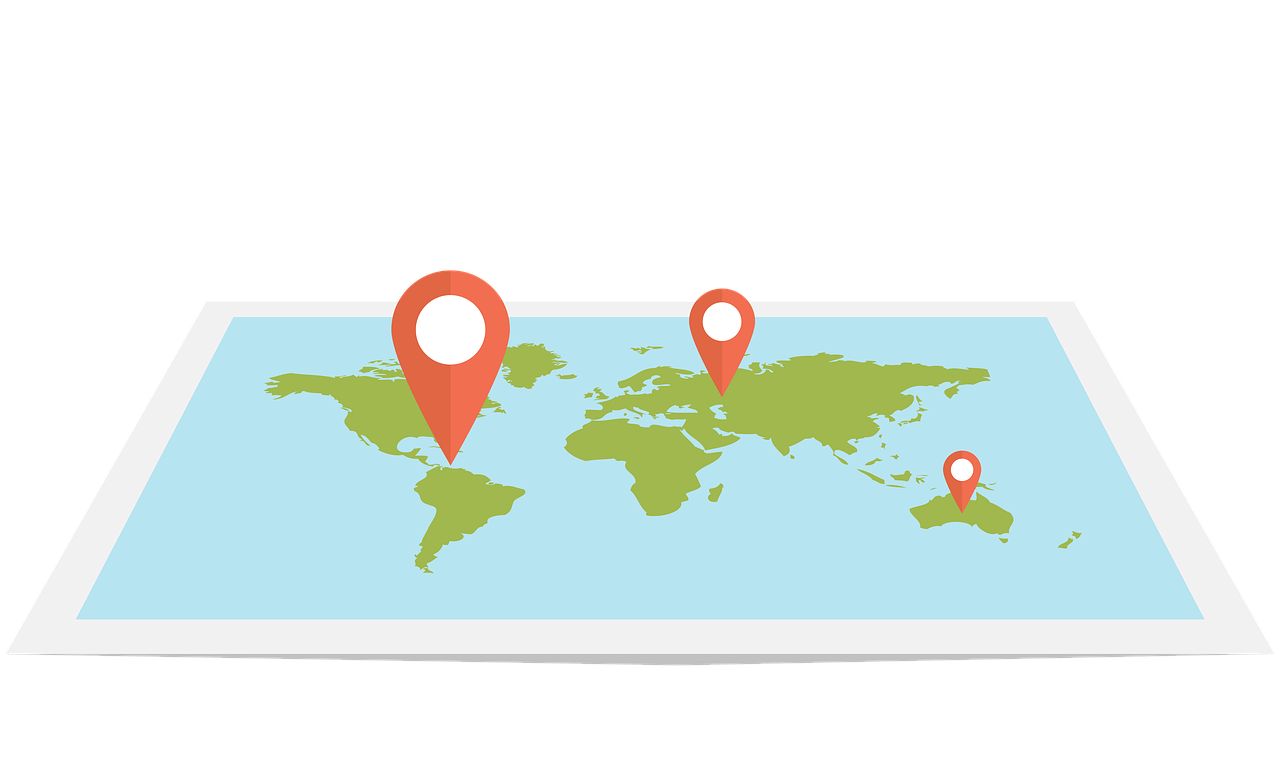Geoblocking Laws in the EU
Magdalena, a member of the Landtag, presented a motion to the Landtag calling for cross-border access to works protected by copyright, such as e-books, music, games, software and services based on streaming. It was adopted by a large majority in Parliament on Thursday.
 Under the new rules, EU merchants must provide consumers throughout the EU with access to goods and services under the same conditions, no matter from where the buyers access the website.
Under the new rules, EU merchants must provide consumers throughout the EU with access to goods and services under the same conditions, no matter from where the buyers access the website.
- In February 2018, the European Parliament approved the regulation on measures against geoblocking.
- Geoblocking is any restriction imposed by online shops based on nationality, place of residence or temporary residence. The new regulation has been in force since December 2018.
- Under the new rules, EU merchants must give consumers access to goods and services anywhere in the EU on the same terms, no matter where they go to the website.
However, copyright protected content is excluded from this rule for the time being. However, the European Parliament has obliged the EU Commission to examine within two years whether the ban on geoblocking should also be extended to digital copyrighted content such as e-books, music or online games.
Making it easier for national minorities to access media content from their cultural area and in their language
 In the motion submitted by Magdalena Amhof, the Landtag now calls on the Italian government to work to ensure that this content is also included in the regulation and that a uniform European copyright law is created in the longer term, as provided for by the Minority Safe Pack Initiative. “Many members of national minorities speak a language that is the majority language of another country in Europe. Due to the often too small number of speakers, it is not possible to build up a comprehensive media landscape independently.
In the motion submitted by Magdalena Amhof, the Landtag now calls on the Italian government to work to ensure that this content is also included in the regulation and that a uniform European copyright law is created in the longer term, as provided for by the Minority Safe Pack Initiative. “Many members of national minorities speak a language that is the majority language of another country in Europe. Due to the often too small number of speakers, it is not possible to build up a comprehensive media landscape independently.
Therefore one is dependent on the media of the country with the same language. The best way to bypass geoblocking is a VPN.
The distribution of licences for media content within the Union is very complex and means that members of national minorities cannot make use of the existing services of the neighbouring country. A single European copyright law could make the whole Union a single market for copyright. This would, in particular, make it easier for national minorities to access media content from their cultural area and in their language. We could then, for example, watch ski races here in South Tyrol or the Champions League in live stream on the computer or mobile phone,”.
